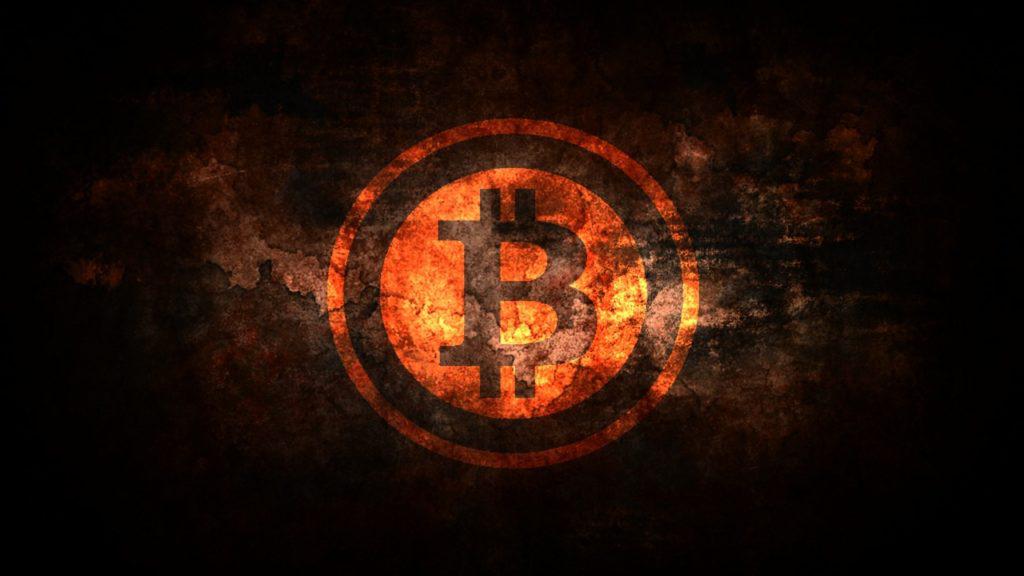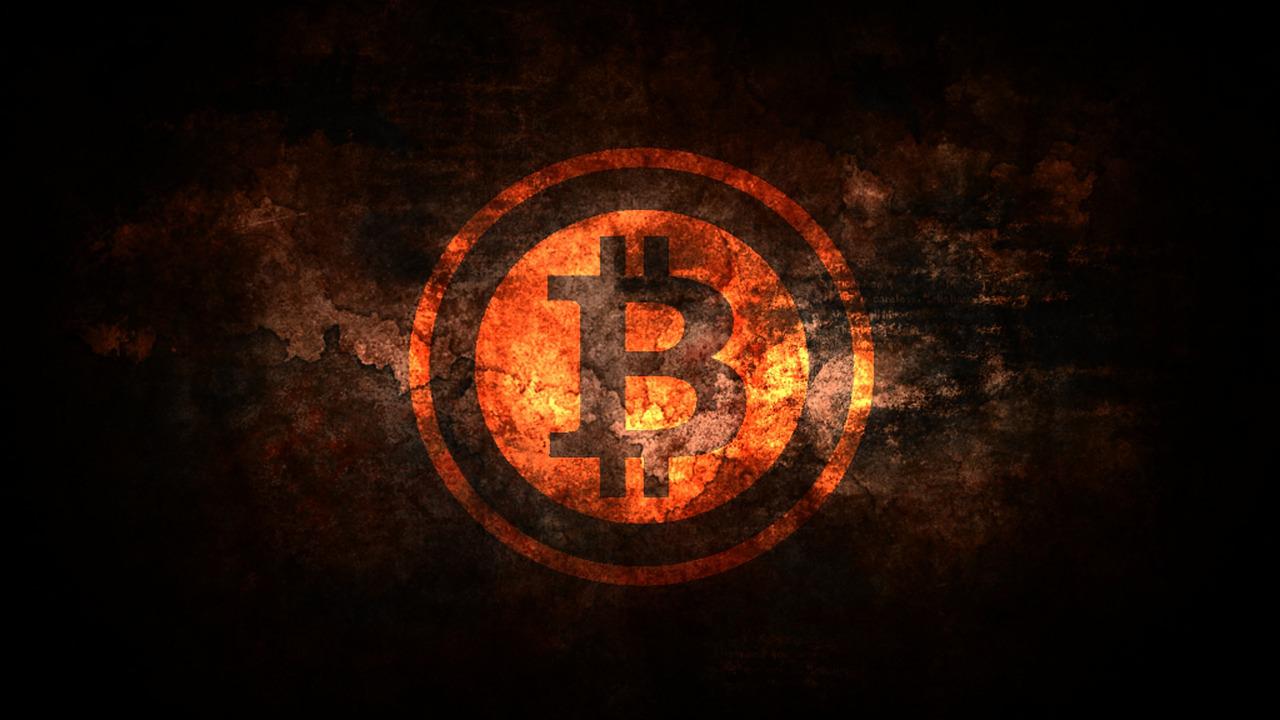Startups Burning Millions of Cryptos

The idea of creative destruction seems to be taking on a whole new meaning in the cryptocurrency world as startups are destroying their own tokens. And by doing so, they are actually creating value for their investors.
Altering Economics of Money Supply
In this model of the ICO, startups fund and fuel their crypto projects using tokens. Basically, these tokens are used to price their services. Then, the startups change the economics of their money supply by burning tokens. Burning tokens means destroying the cryptographic keys so that these tokens can never recovered, thereby increasing the worth of the remaining tokens.
This idea is so popular with investors that startups are now inserting a clause in their ICO white papers that if backers buy their tokens at the time of the ICO, then once the project takes off, those tokens would be earned back as revenue and then destroyed. Burning tokens is now being used as a way to show investors that their project is a viable investment.
For example, Eidoo, a Swiss startup, just announced that it was going to burn 1% of the total supply of EDO cryptos the project had created during its ICO last November. Immediately after this announcement, the price of EDO soared by 40%.
Eidoo is one of the first startups to have burned its tokens, however, the most prominent one to burn its tokens has been Binance. In July this year, the cryptocurrency exchange decided to burn 2 million of its native BNB tokens which is a sum of about $30 million.
Binance, like Eidoo had already made a commitment when the exchange was established that it was going to burn 20% of its profits in tokens every year. To ensure that the startup creates even greater value for its investors, Binance stated that it would not stop till 50% of the original supply of tokens had been burned.
The Downside to Burning Tokens
While speculators and investors might love this new trend of burning tokens since it increases the value of their investments, there are a number of drawbacks to this kind of a strategy.
Each token is classified either as a utility or a security. This classification can change is the tokens are burned. According to blockchain services firm Vanbex Group’s Lisa Cheng, a token that is burned is performing actions of a security and not a utility asset. The burning of tokens is now being equated to traditional stock buy backs, which help non-crypto companies increase their value.
So, while Eidoo may have listed its token as a utility, the SEC would take exception to that classification and the startup could get into a lot of trouble with the regulator.

